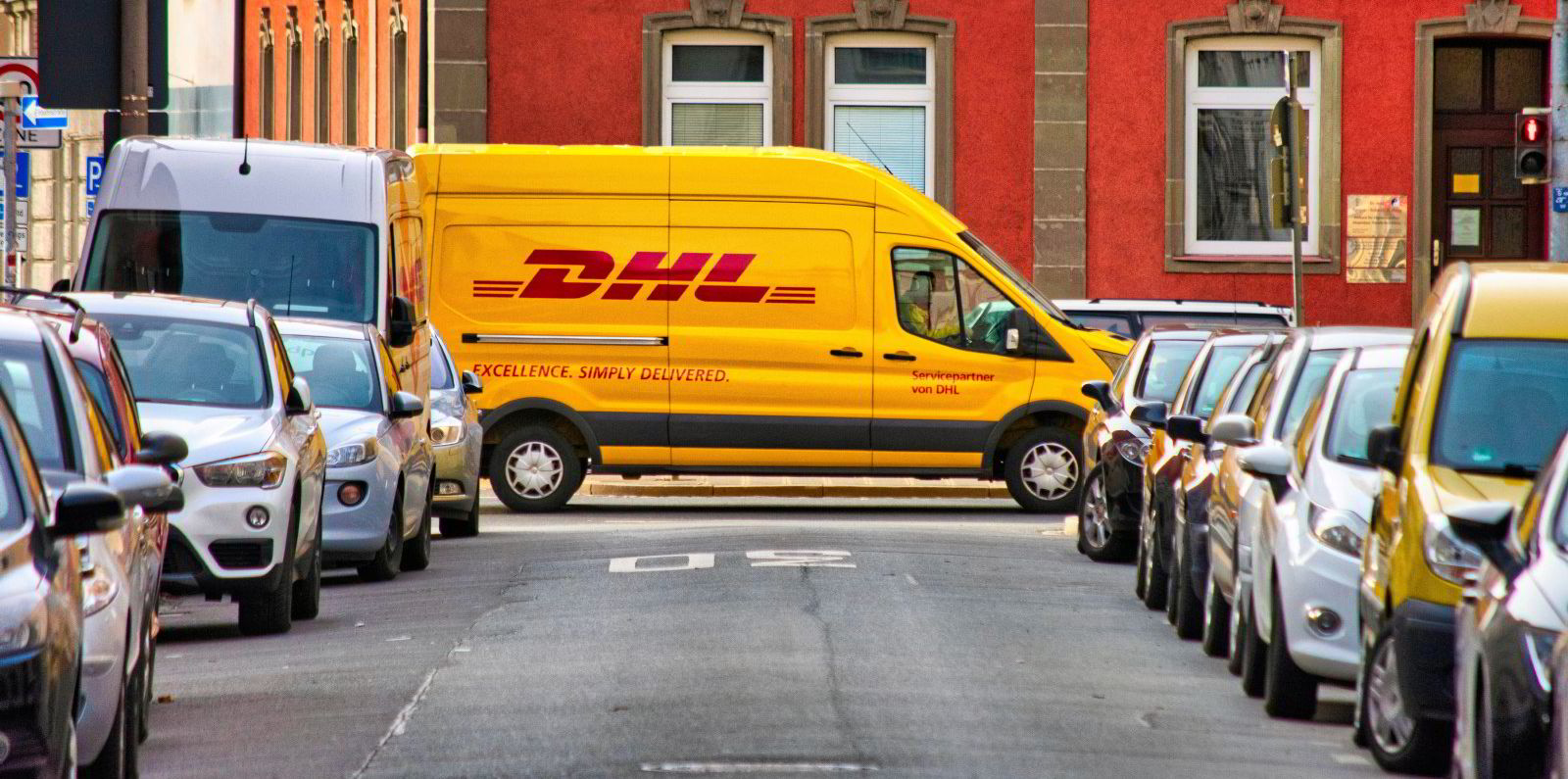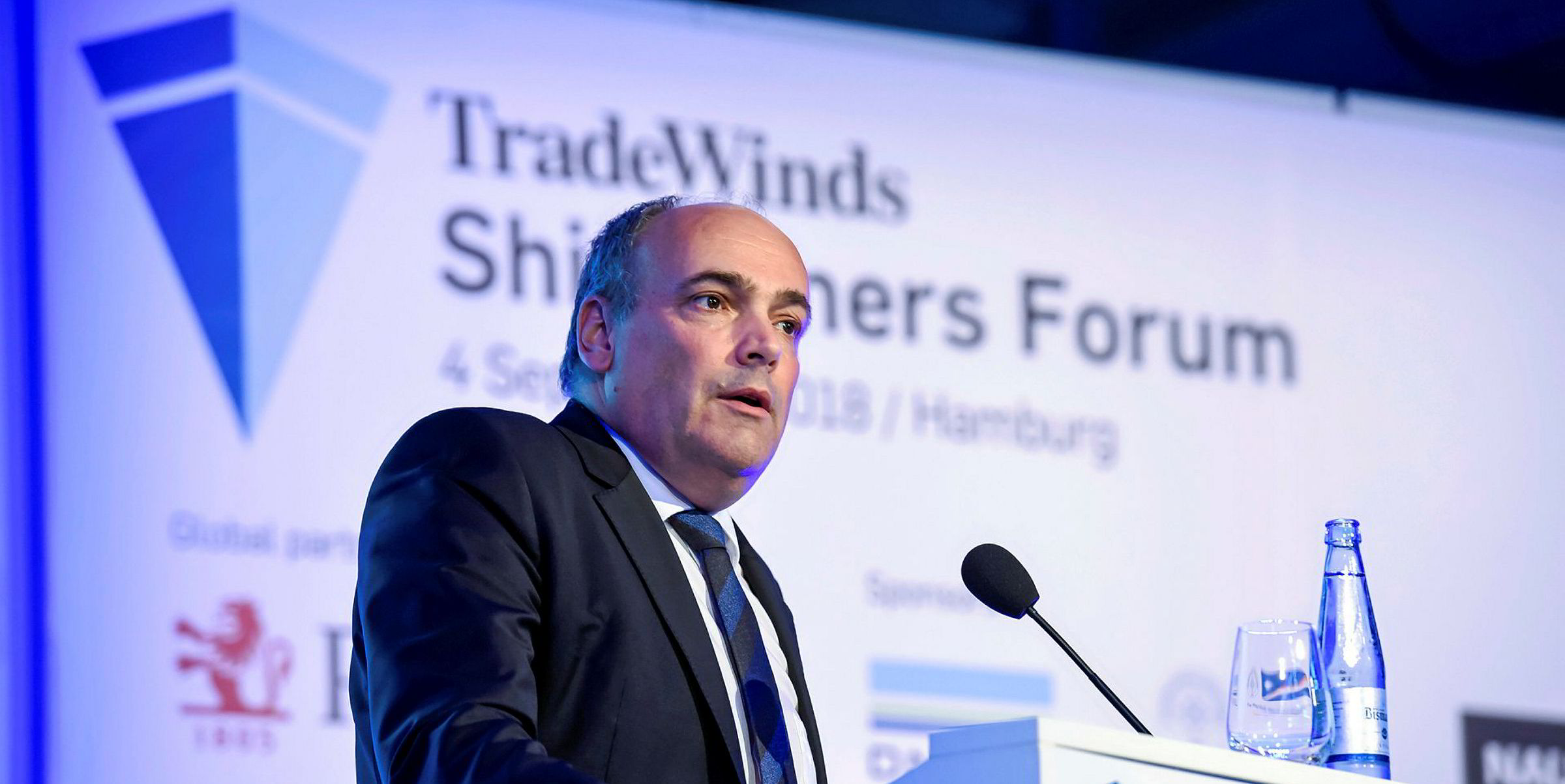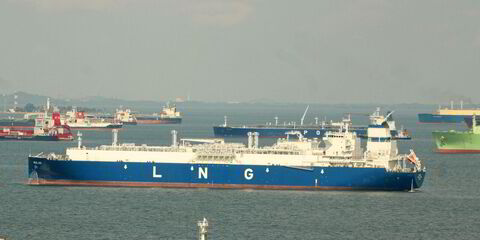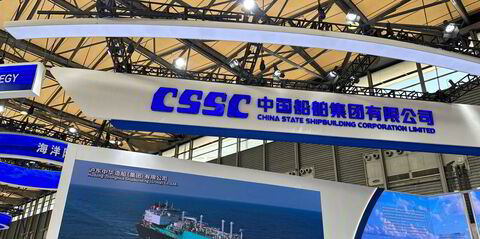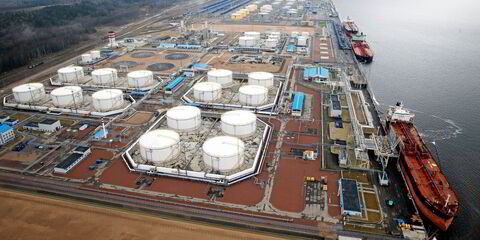The freight forwarding arm of Deutsche Post DHL Group has forged a deal with Hapag-Lloyd that aims to slash carbon emissions by using advanced biofuels.
Germany’s DHL Global Forwarding and the compatriot liner giant said that, as an initial step, the agreement covers 18,000 teu of DHL’s volumes, leading to a cut of 14,000 tonnes of well-to-wake CO2 emissions.
“Biofuel will play a significant role in the upcoming years on our path to becoming net-zero carbon by 2045,” said Danny Smolders, managing director of global sales at Hapag-Lloyd.
“This project will bring us a step closer to offering our customers biofuel-powered transportation as a commercial product and thereby supporting them in their efforts to reduce their carbon footprint.”
The outfits are aiming to use fuels produced by using cooking oil and other raw biological materials to make fatty acid methyl ester (FAME) that is then mixed with low-sulphur fuel oil.
The companies said that the use of these advanced biofuels reduces greenhouse gas emissions by 80% compared to standard fuels.
The effort is aimed at demonstrating the scalability of sustainable container transport solutions, DHL and Hapag-Lloyd said.
The two companies also said they are striving for a uniform industry standard for carbon insetting — a method of reaching carbon neutrality upstream in the fuel value chain rather than with out-of-sector offsets.
DHL is aiming to achieve net-zero carbon emissions by 2050, five years later than Hapag-Lloyd’s own goal, and the company is aiming to spend €7bn ($7.1bn) on sustainable fuels and clean technologies by 2030.
“The decarbonisation of heavy transport is an important challenge that the entire industry needs to rethink,” said Dominique von Orelli, global head of ocean freight at DHL Global Forwarding.

“That is why we are very proud to have found a partner in Hapag-Lloyd that shares the same ambitions for a climate-neutral world as anchored in the Paris Agreement.”
Hamburg-based Hapag-Lloyd has been testing blends of biofuels with low-sulphur fuel oil since 2020.
The liner operator sees the resulting cut in CO2 as a way to offer a green container shipping product, measured per teu, to customers looking to cut indirect emissions known as Scope 3.
Likewise, DHL offers shippers a GoGreen Plus service, with minimised emissions within its logistics network and a “Book and Claim” service that allows them to pass on Scope 3 benefits to their customers.
